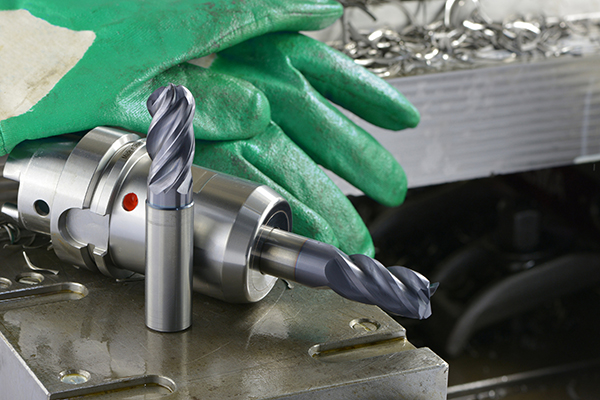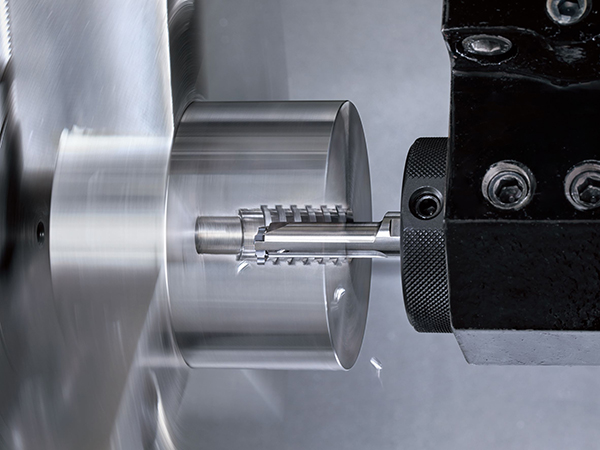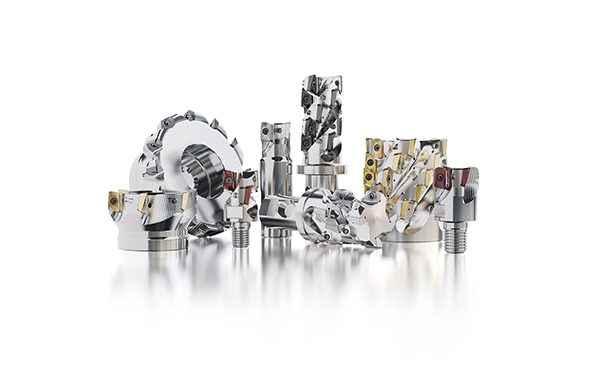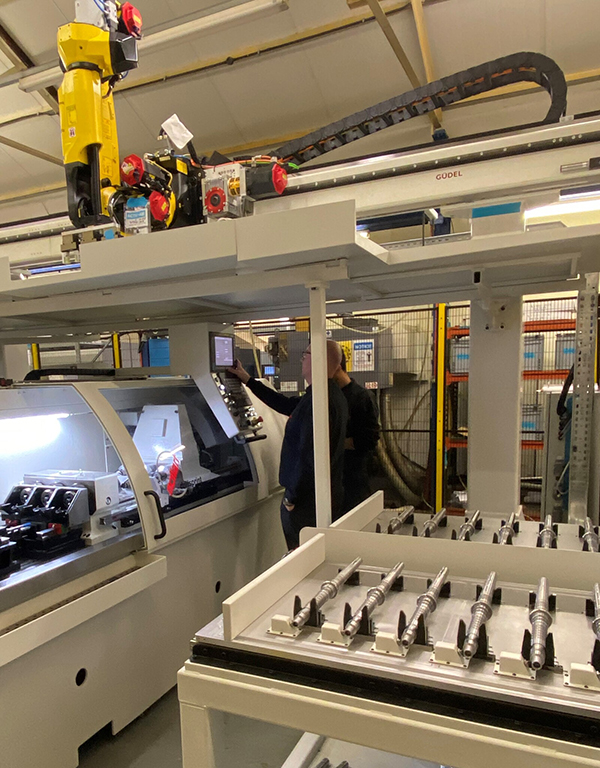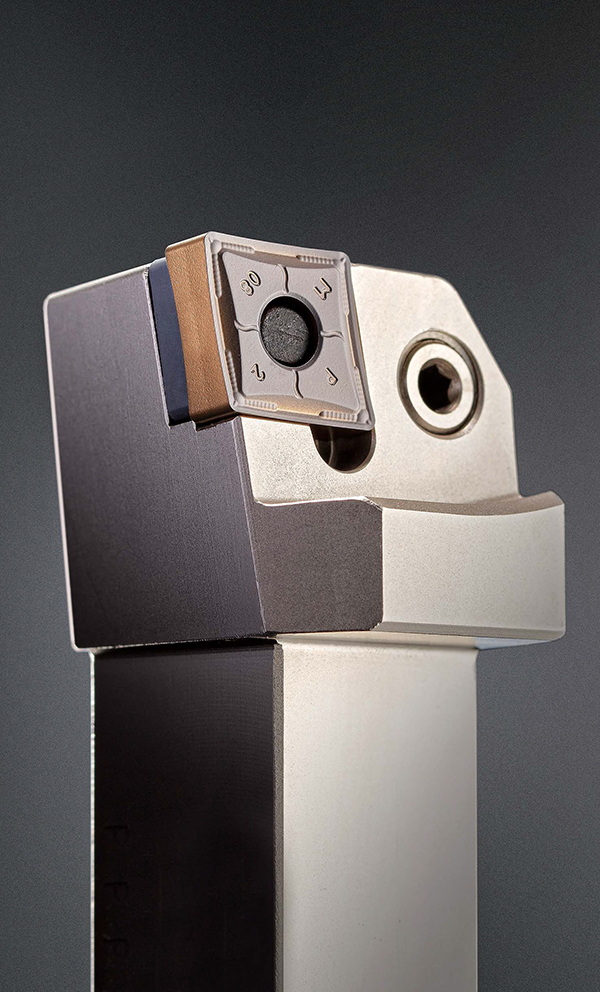
Widia is launching its WCE solid-carbide end-mill platform, which the company says delivers affordable performance and reliability for small to medium sized machine shops. The initial release of the WCE platform features WCE4, a four-flute geometry that, according to Widia, combines advanced, high-performance features with a new versatile grade offered at a highly competitive price.
“With its new design, the WCE4 delivers the next generation of versatile end mills to help customers be more productive and efficient,” says Tamir Sherif, solid end milling global portfolio manager at Widia. “The WCE4 is an attractively priced tool for small-to-medium shops where reliability and consistent tool life are high priorities.”
Two key features of the tool are its asymmetrical index and variable helix. The combination of the two reduces vibration and enables heavy cuts, while the new grade, WU20PE, enables versatility in applications involving steel, stainless steel and cast iron workpieces. These design features, coupled with the four-flute geometry, deliver an end mill with reliable performance and application versatility, even in demanding operations such as full slots and heavy cuts, reports Widia.
The WCE platform includes four-flute, square-end and ball-nose end mills with both straight and Weldon shanks, and is available in both metric and imperial dimensions. Widia will release WCE5 five-flute geometry later in 2022. Orders for the WCE4 end mill, as well as other Widia tooling for metal-cutting applications, can be placed through Widia authorised distribution partners.
For further information
www.widia.com






